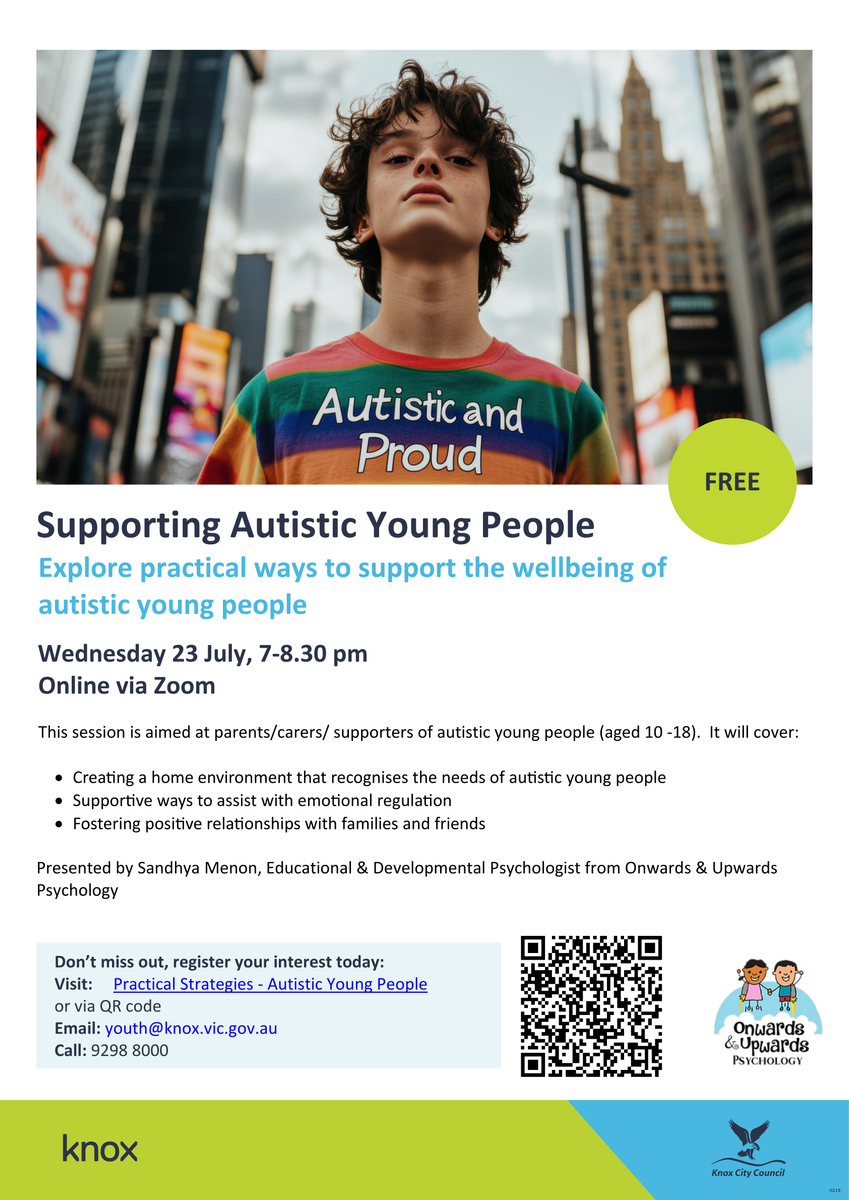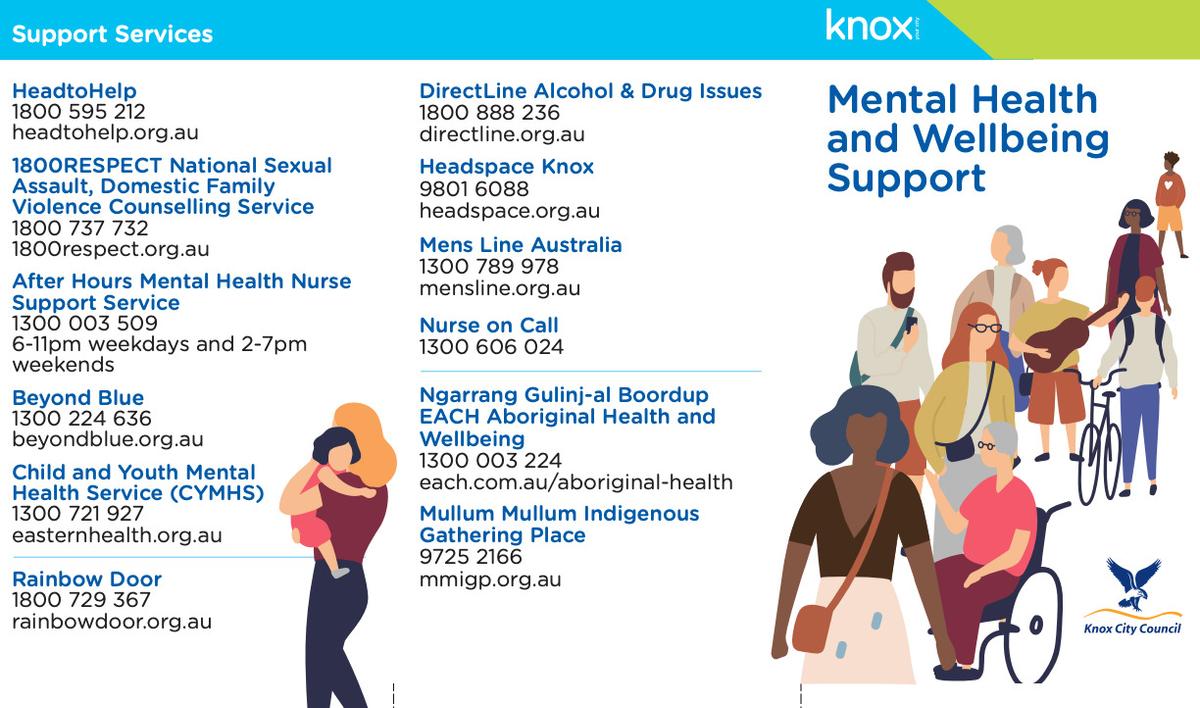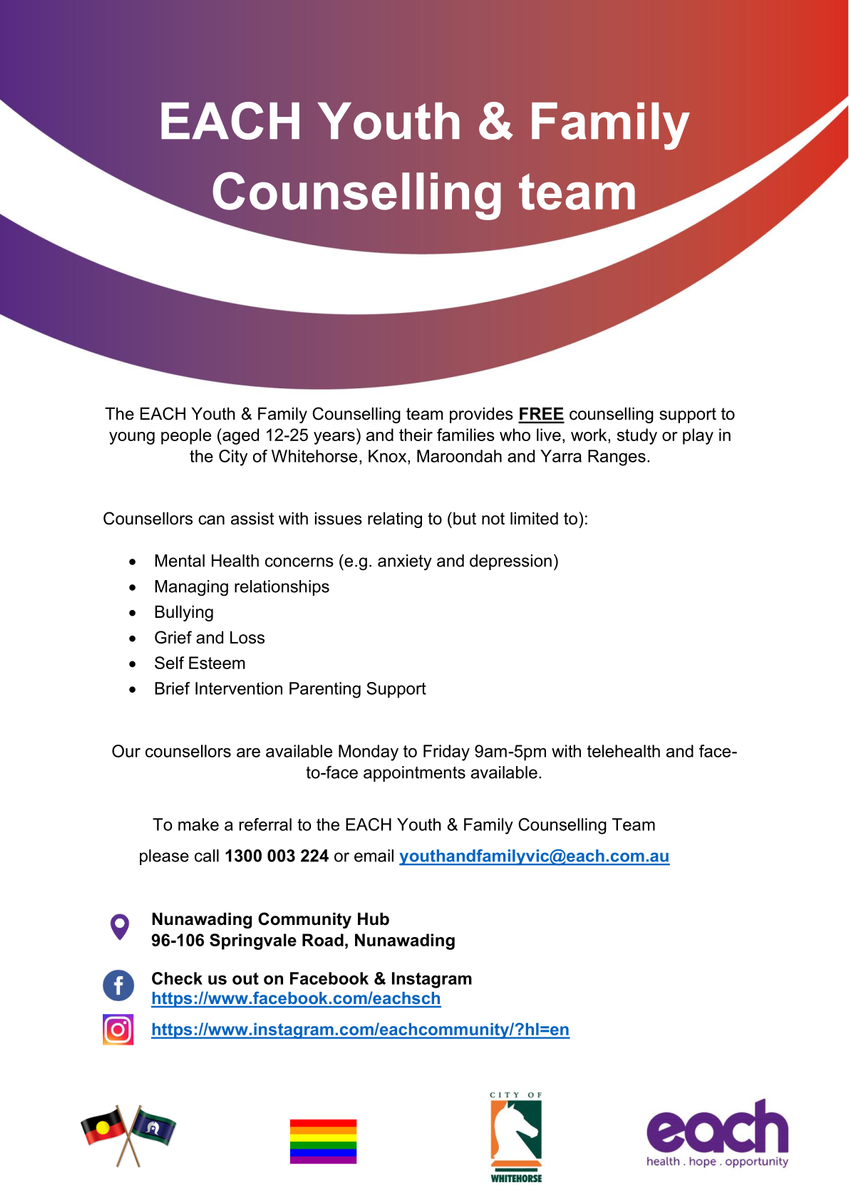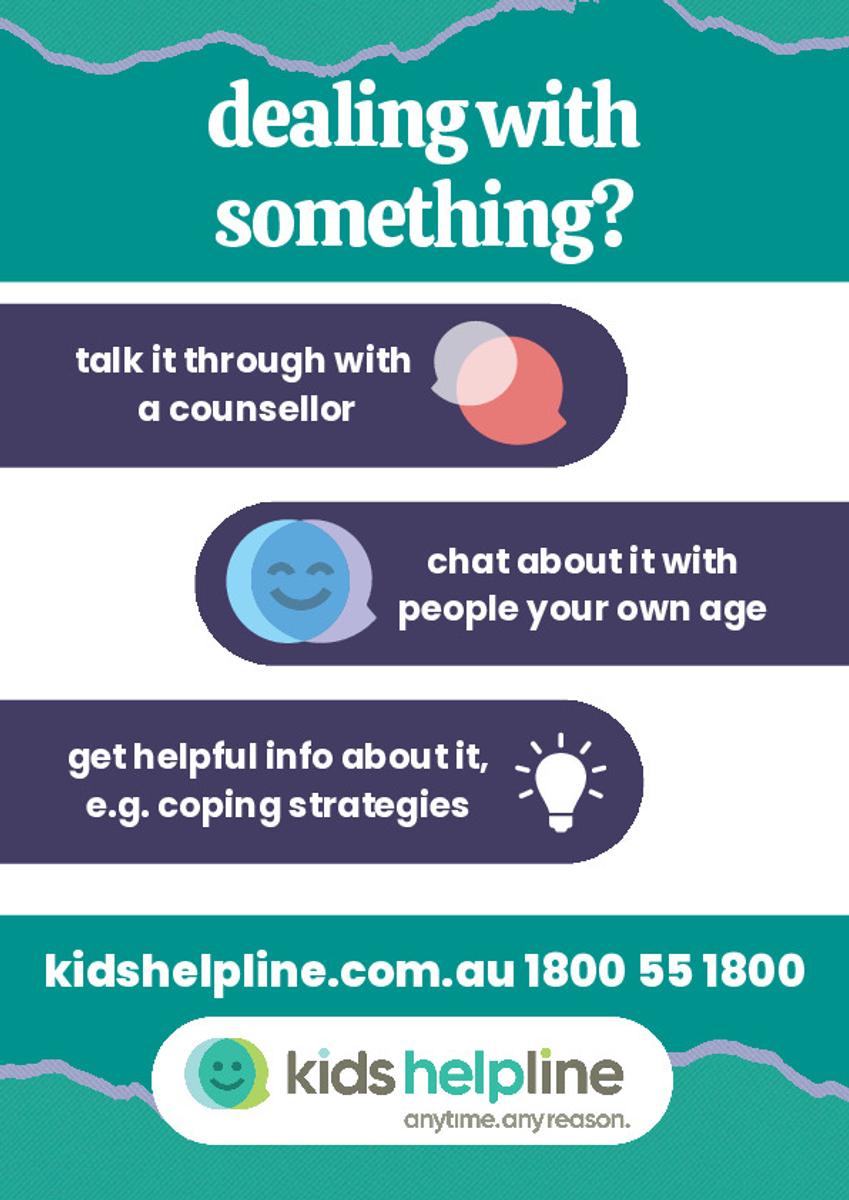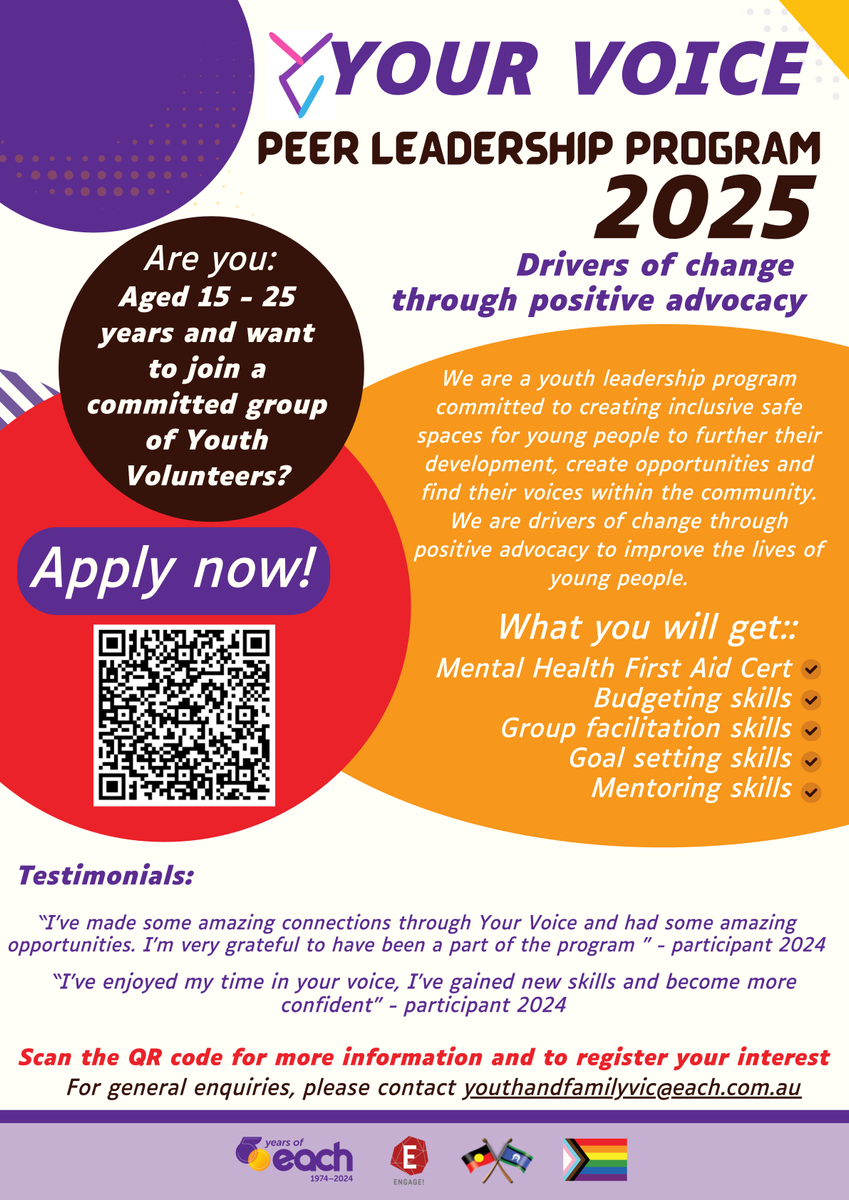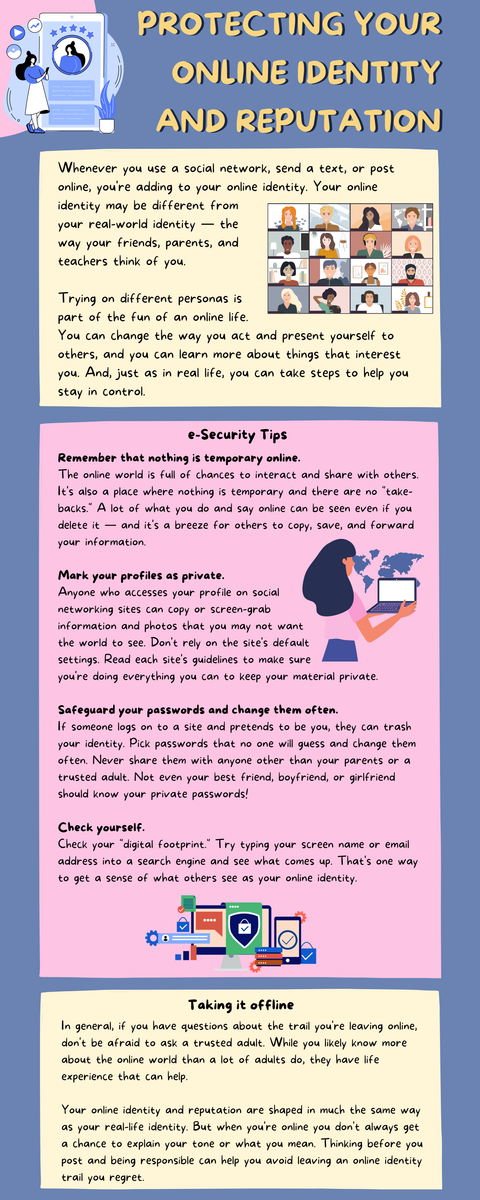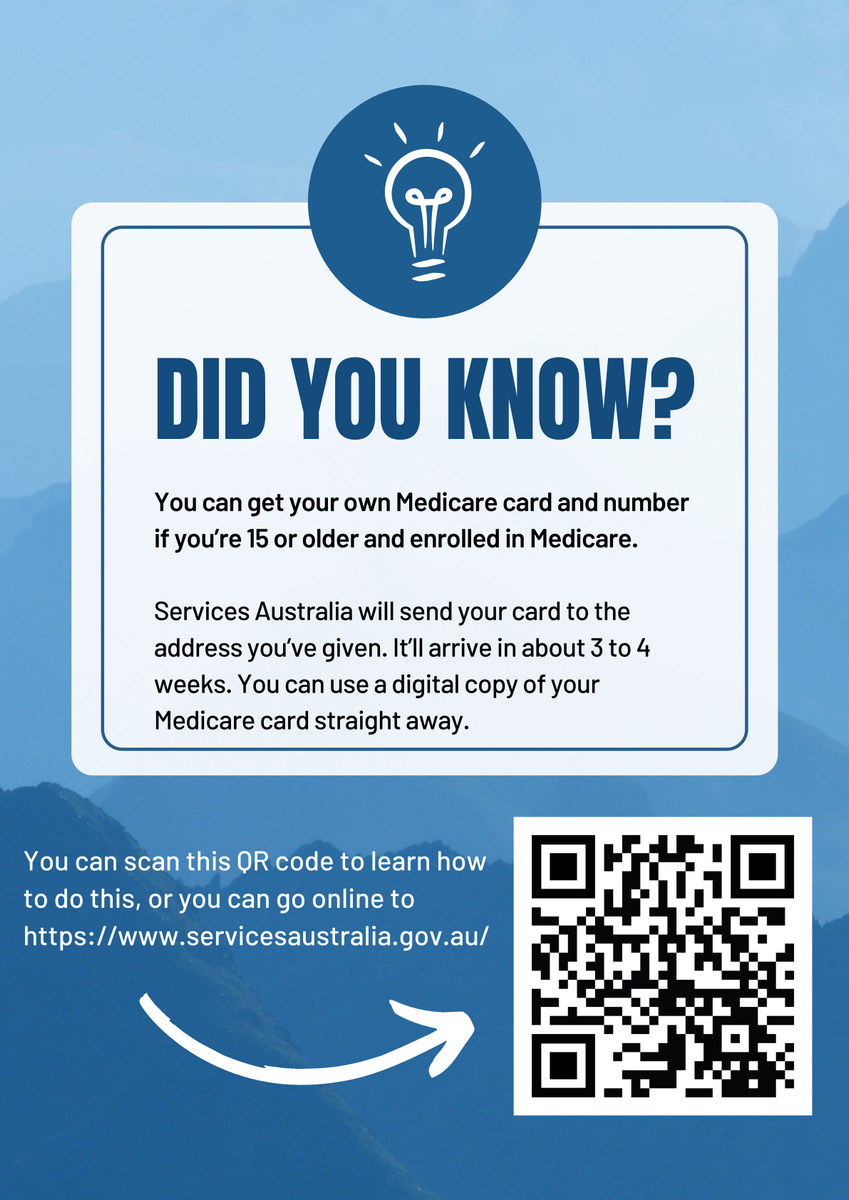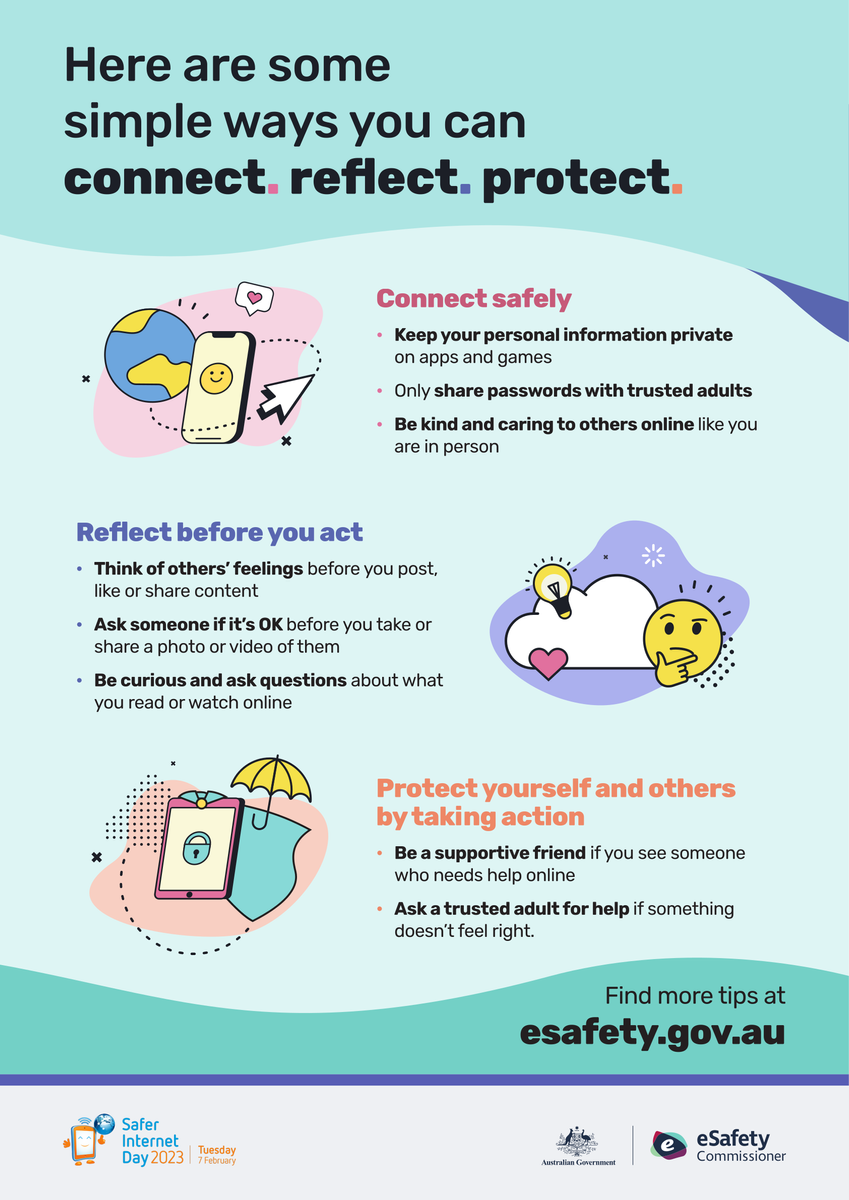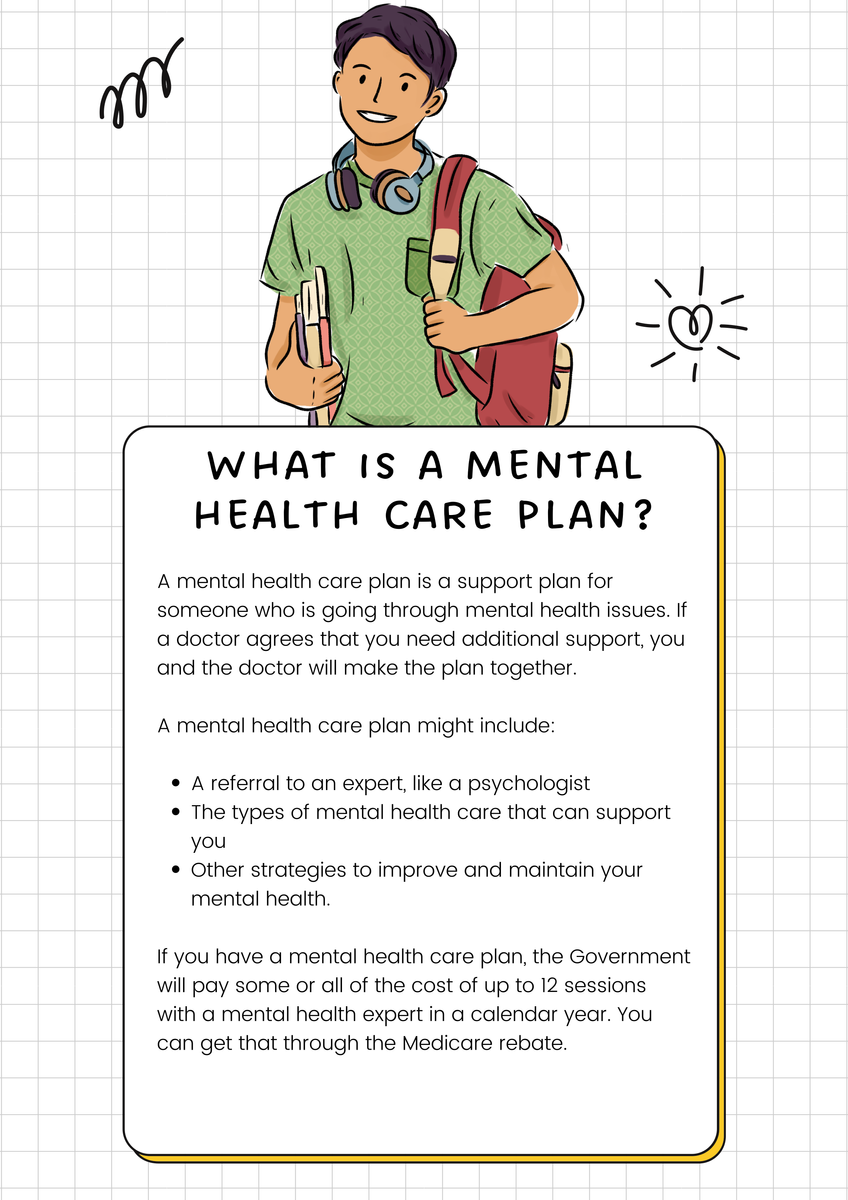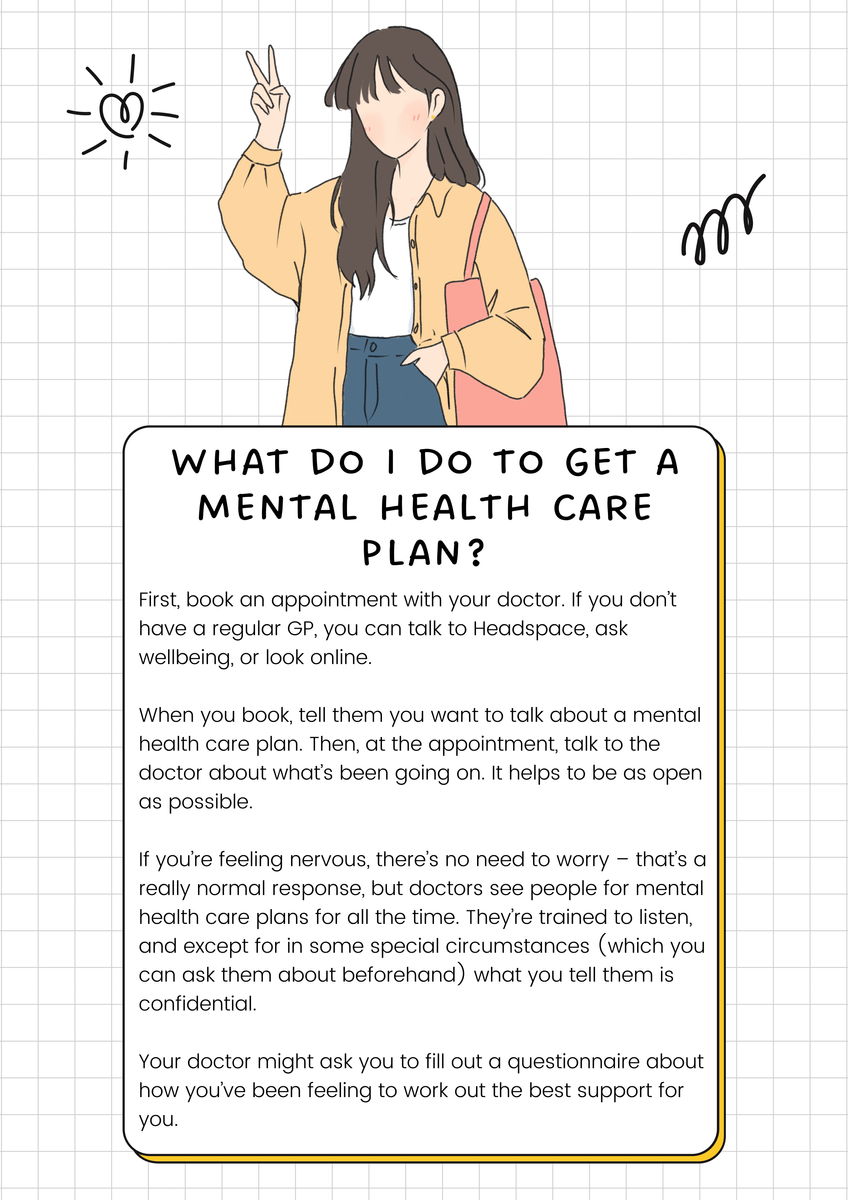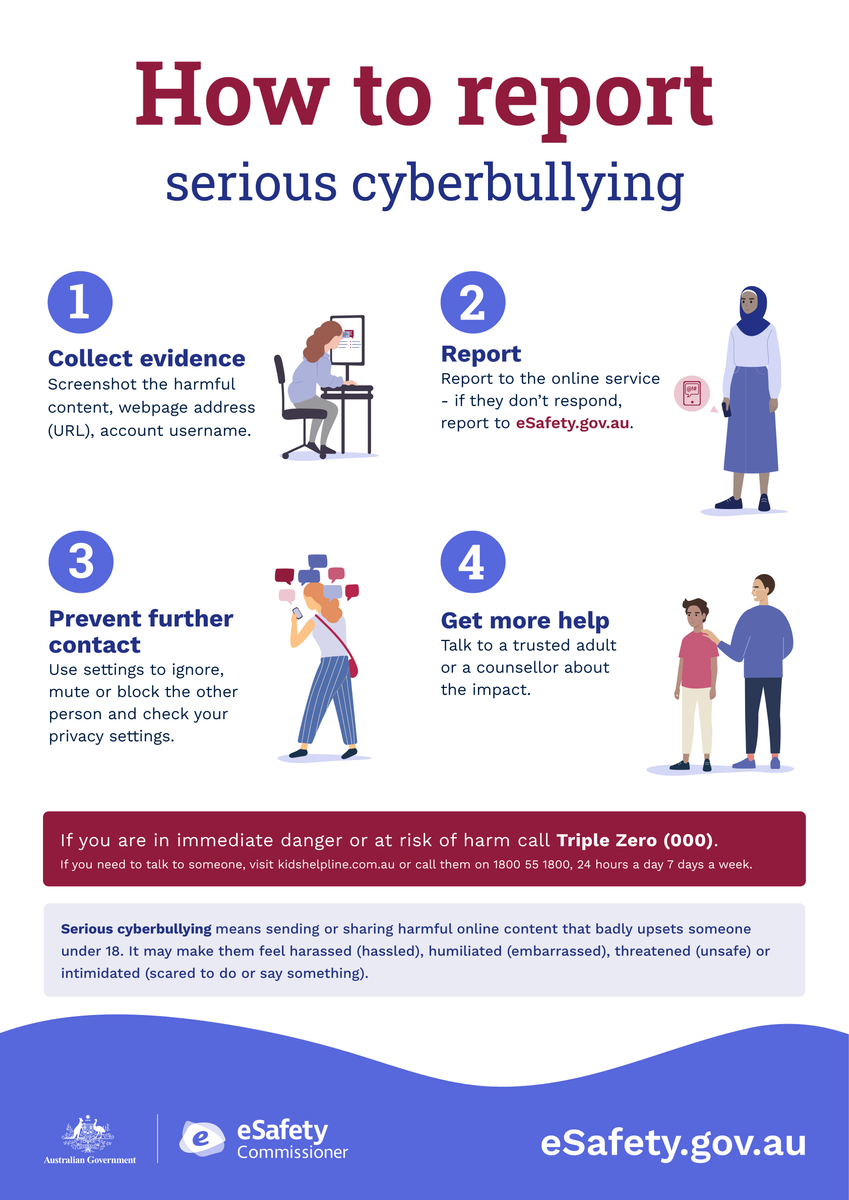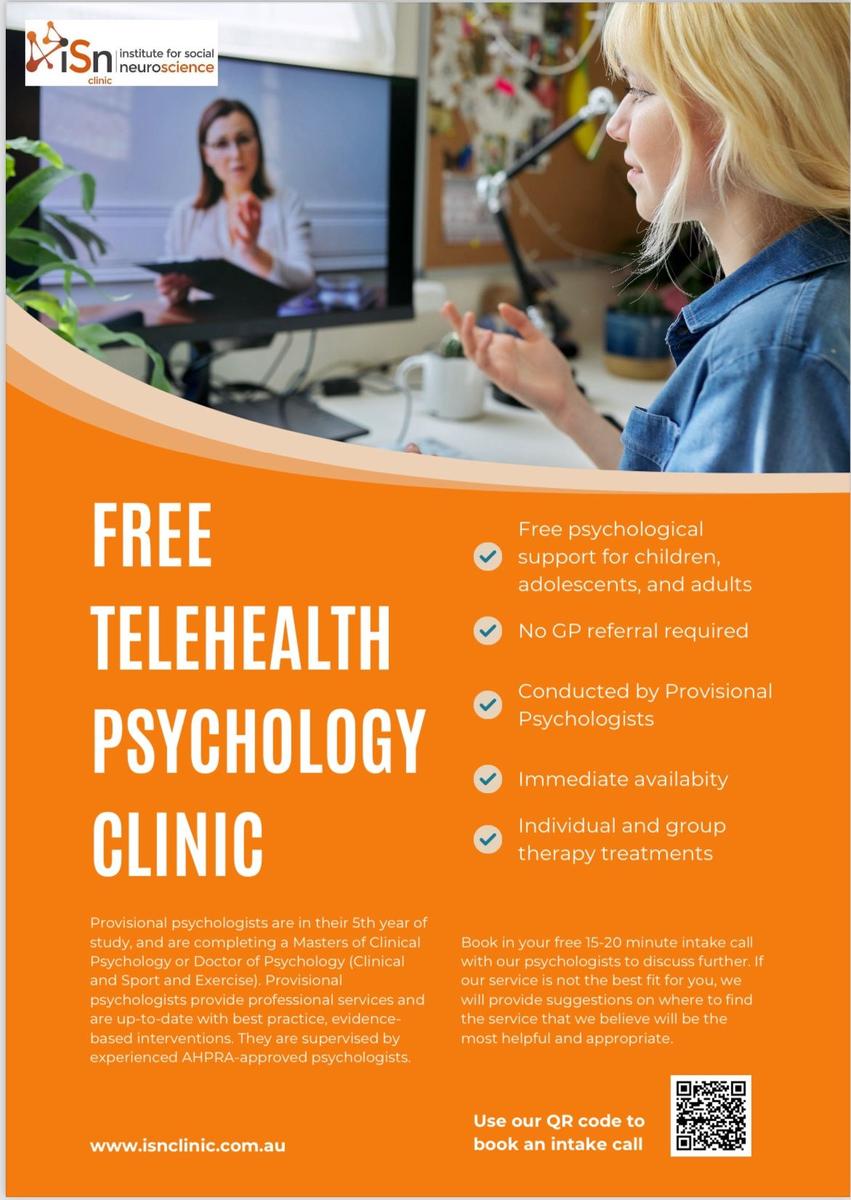Parent Wellbeing
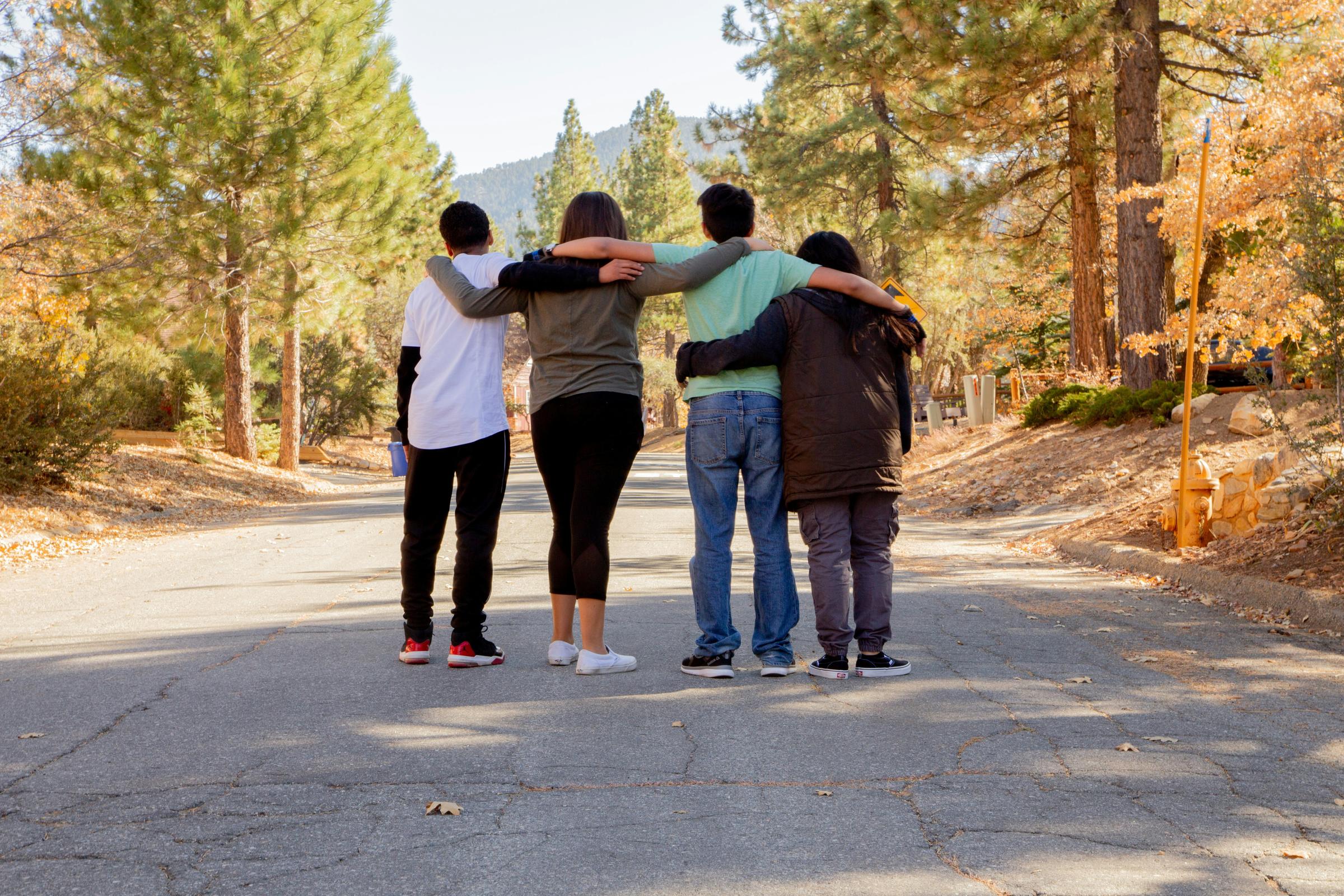
BodyKind at Home – Why Body Image Matters for Teens
You’ve likely heard your teen say something unkind about their appearance. Maybe it’s a comment about weight, skin, height, or how they compare to others online. These moments can feel uncomfortable to respond to, but they matter.
This August, Wantirna College is taking part in BodyKind, a national initiative by the Butterfly Foundation that encourages young people to be kinder to their bodies and to each other. The goal is to create a culture where all students feel seen, respected and safe in their own skin.
Why body image matters
Almost half of Australian teenagers say they’ve avoided school or social events because of how they feel about their body. Body image concerns can affect mental health, relationships, learning and self-esteem. While social media and advertising play a role, research shows that family conversations at home can have a powerful impact, either helping or harming.
Body image isn’t about vanity
It’s common to think body image only matters for those who are “obsessed” with how they look. But in reality, body image is about the thoughts and feelings a person has about their body, and it starts forming early.
A teen with a positive body image is more likely to:
Feel confident in social situations
Make healthy choices for their body and mind
Seek support when struggling
Participate fully in school and activities
BodyKind parenting in practice
You don’t have to have it all figured out to support your child’s body image. Here are some small, meaningful ways to start:
1. Watch your own language
Avoid commenting on weight (your own or others), and try to shift praise toward effort, kindness and creativity. Teens are listening, even when it doesn’t seem like it.
2. Create food neutrality
Try not to label foods as “good” or “bad.” Help your teen understand that all foods have a place, and eating regularly supports energy, mood and learning.
3. Name body shaming when you see it
Appearance-based teasing or comments are one of the most common forms of bullying. Calling it out makes a clear statement: all bodies deserve respect.
4. Model self-compassion
Your child notices how you treat yourself. Speaking kindly to your own body can give them permission to do the same.
5. Focus on what bodies do, not just how they look
Celebrate strength, movement, expression and rest, not just image.
Looking ahead
The BodyKind message doesn’t end with one campaign. It’s something we can carry into our homes and conversations, creating a more supportive environment for young people to grow and thrive.
Want to learn more?
Visit: butterfly.org.au/resources/resources-for-parents-and-families
Watch: How to respond if a child is expressing body dissatisfaction?
The Butterfly Foundation
Do you feel like you need some support for yourself, or advice on supporting someone you care about? Call the Butterfly Foundation Helpline on 1800 ED HOPE (1800 33 4673) or visit https://butterfly.org.au/
Looking for Support?
EACH - Health Services 1300 003 224
These services are free or low-cost.
93 Boronia Rd, Boronia
Youth Mental Health Services 9298 8469
headspace 1800 650 890
Safe Steps Family Violence Response Centre 1800 015 188 (24 Hours)
1800 Respect 1800 737 732 (24 Hours)
Nurse on Call 1300 60 60 24
The Butterfly Foundation 9822 5771
FriendLine 1800 424 287
24/7 Mental Health Hotlines:
Kids Helpline 1800 55 1800
Lifeline - Call 13 11 14, text 0477 13 11 14 or chat online.
Suicide Call Back Service 1300 659 467 or suicidecallbackservice.org.au
Beyond Blue 1300 22 4636
Student Wellbeing Team
Email: wellbeing@wantirnacollege.vic.edu.au
Chelsea Collings - Leader of Wellbeing
Guiseppe Relia – Wellbeing Counsellor
Sanela Avdic - Wellbeing Counsellor
Talea-Jane Simpson – Wellbeing Counsellor
Tajinder Wulff - Mental Health Practitioner 7-8
Lea Marrison - Mental Health Practitioner 9-12

